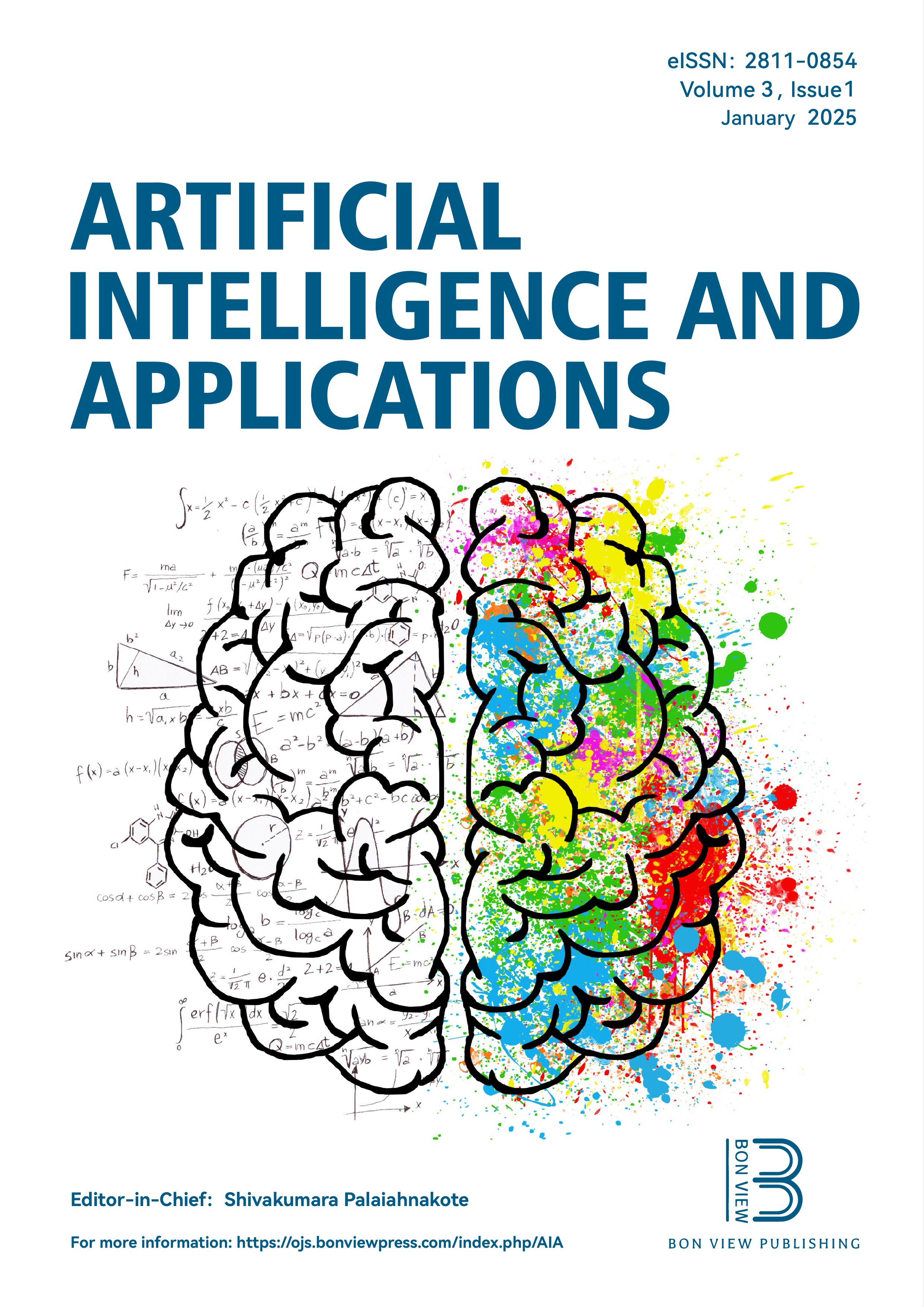A Novel Ensemble Deep Learning-Based Polyp Detection Using Colonoscopy Dataset
DOI:
https://doi.org/10.47852/bonviewAIA42022549Keywords:
deep learning, polyp detection, CNN, image classification, colorectal diseaseAbstract
This work addresses the critical task of polyp detection and classification using the SUN colonoscopy video database, which consists of still images annotated with bounding boxes. These images categorize frames into polyp and non-polyp and encompass six distinct classes of polyps: hyperplastic polyp, sessile serrated lesion, low-grade adenoma, traditional serrated adenoma, high-grade adenoma, and invasive carcinoma. The approach involves a two-stage classification process. Initially, MobileNetV2 is employed to distinguish between polyp and non-polyp frames. Subsequently, ResNet50 and GoogLeNet are utilized to classify the identified polyps into the six predefined categories. Data augmentation techniques are implemented to address the inherent imbalance in class distribution within the dataset, enhancing model performance and generalizability. The results highlight the effectiveness of GoogLeNet, which achieved an impressive accuracy of 98%, significantly outperforming ResNet50’s accuracy of 76.16%. This substantial improvement underscores the potential of GoogLeNet in enhancing the accuracy of polyp classification. The significance of this work lies in its contribution to advancing automated polyp detection and cancer stage classification, crucial for early diagnosis and treatment. These findings provide a foundation for further research and development in this domain, with the potential to improve clinical outcomes through more accurate and timely identification of colorectal polyps.
Received: 30 January 2024 | Revised: 22 May 2024 | Accepted: 9 July 2024
Conflicts of Interest
The authors declare that they have no conflicts of interest to this work.
Data Availability Statement
Data sharing is not applicable to this article as no new data were created or analyzed in this study.
Author Contribution Statement
K. Sai Rakshana: Data curation, Writing – original draft, Writing – review & editing, Visualization. Antony Dennis Ananth: Conceptualization, Methodology, Software, Validation, Formal analysis, Investigation, Resources. L. Gowri: Supervision, Project administration.
Downloads
Published
Issue
Section
License
Copyright (c) 2024 Authors

This work is licensed under a Creative Commons Attribution 4.0 International License.


